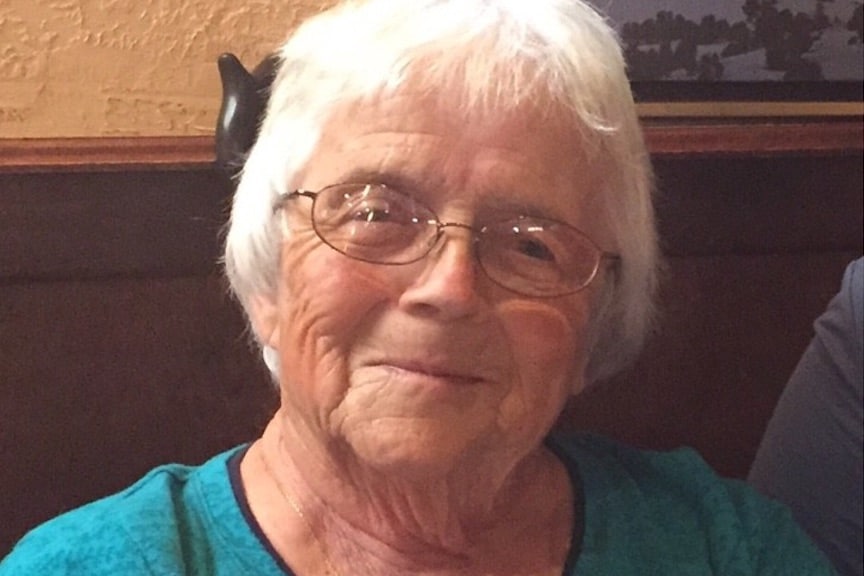Vince J. Juaristi is an old friend to the blog and our regular readers. Thanks to him, we have two of the articles we most enjoyed writing, the one about the visit of two US presidents to our Country, and the opinion that one of them, John Adams, had about his experience.
Just with that article, he earned a place of honor among our favorite referenced authors. But today, he decided to give us, the readers of the Elko Daily and to all those interested in Basques around the world, another gift: one of those articles that touches your soul and fills you with “community pride”.
In his article, he talks about two qualities of the Basques that we believe are important, and which we will never tire of recalling and repeating on the blog: the work ethic and commitment to the community, both of which seem to be written into the DNA of Basque society.
The data he offers about how the small Basque community in the US has been able to find a place in that society fades into the background when he starts explaining the social commitment a good part of that community has always managed to keep alive.
The author speaks of his mother, and of the many ancestors that made up the generation that is now, unfortunately, leaving us. They were the faithful model Lehendakari Aguirre was speaking of when he said, “The Basques must, in their adopted homelands, be, among all, the best citizens”. He wasn’t asking them to do anything they weren’t already doing; rather, he was highlighting that quality, giving it value.
The Basques in the world are the projection of our nation, the first line of our image as a people. And it’s thanks to them that we have this extraordinary image.
We hope that those generations that follow us will not forget the heritage we left them, and that they will keep these extraordinary qualities alive. That’s something we must especially remember during these extremely difficult moments we’re experiencing all over the world.
The article that appeared in the Elko Daily is unfortunately not available in the European Union, without gaming the system a little. Fortunately, the author also shared the article on the Medium platform, so we were able to use copy-and-paste with Google.
Medium -28/3/2020 – USA
Lauburu: Find the helpers
When the Basque came to America during the mid-20th century, they had very little — no money, no education, no command of English. They were desperately down to be sure, but not out. All they had was each other. Languishing at the economic bottom, the Basque helped one another. If one needed something, another provided it. A built table or dresser was exchanged for newly sown clothes. Rent was bartered for cooking and cleaning.
(Follow)
Google Translate. ‘Medium’ does not allow for automatic translations, so you’ll have to copy and paste it yourself
Elko Daily- 28/3/2020 – USA
Lauburu: Find the helpers
When the Basque came to America during the mid-20th century, they had very little — no money, no education, no command of English. They were desperately down to be sure, but not out. All they had was each other. Languishing at the economic bottom, the Basque helped one another. If one needed something, another provided it. A built table or dresser was exchanged for newly sown clothes. Rent was bartered for cooking and cleaning.
(Follow) (Automatic translation)
Last Updated on Dec 20, 2020 by About Basque Country





